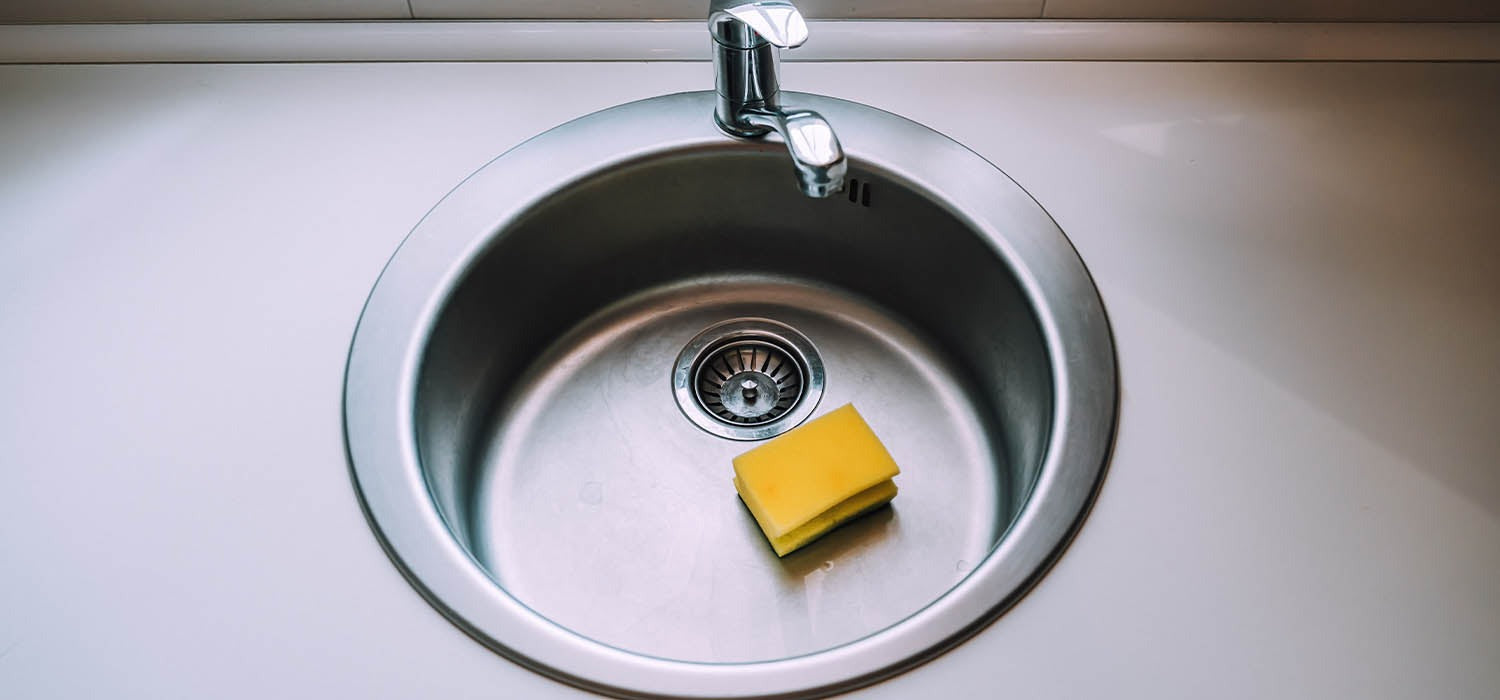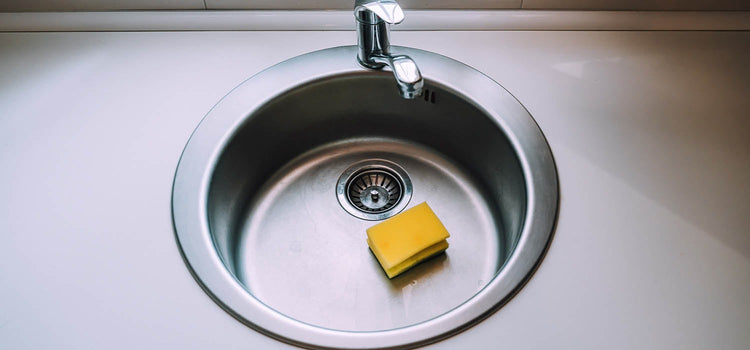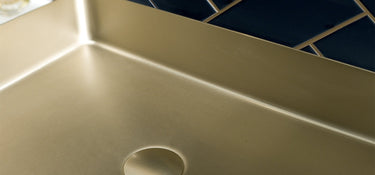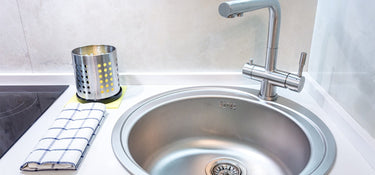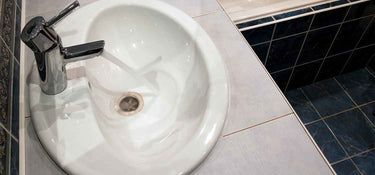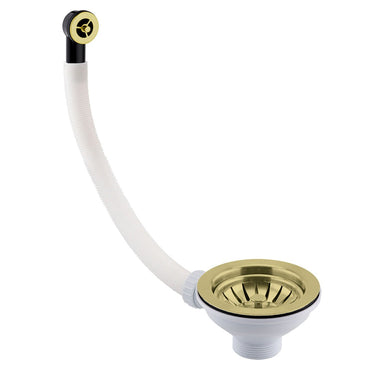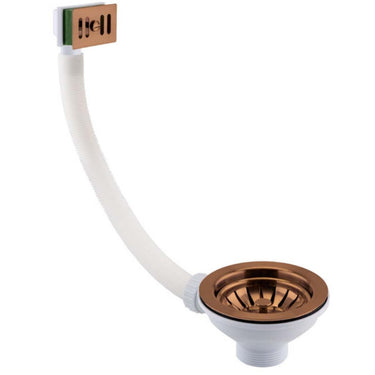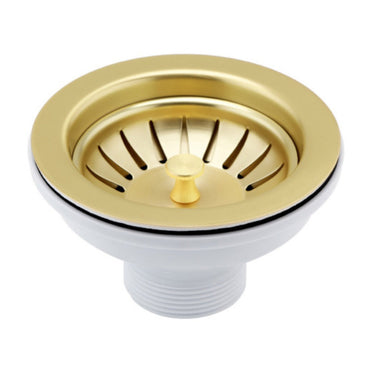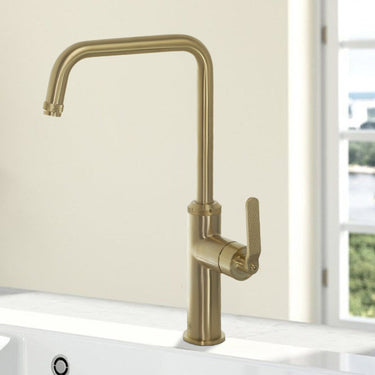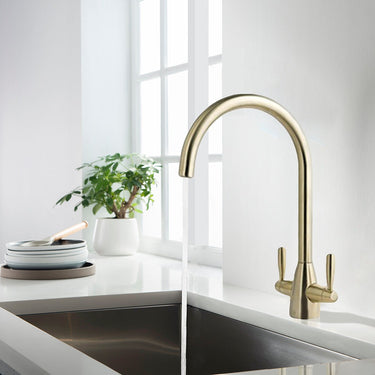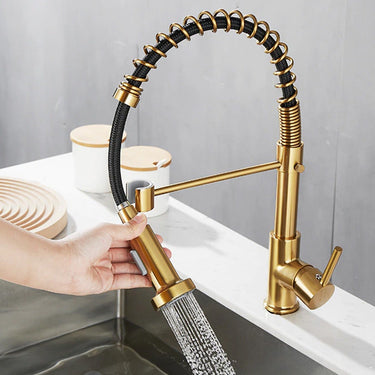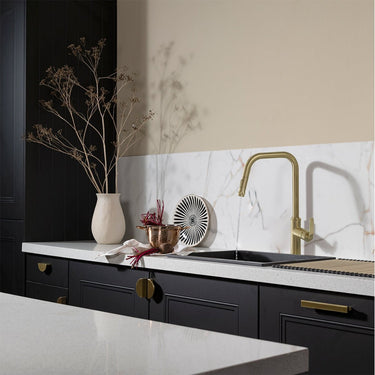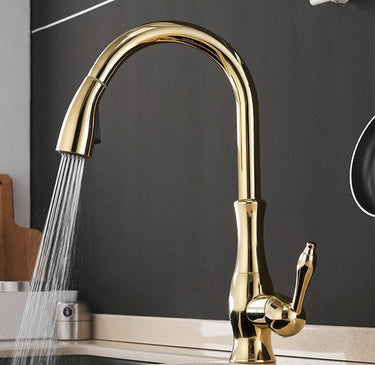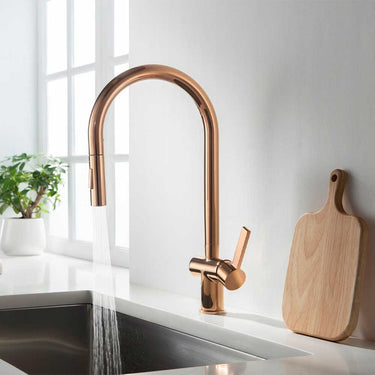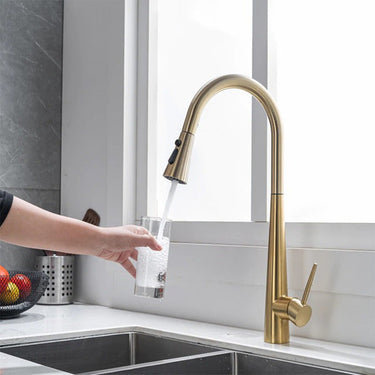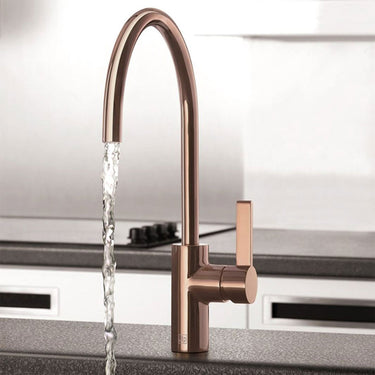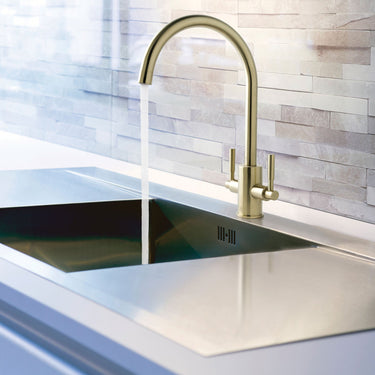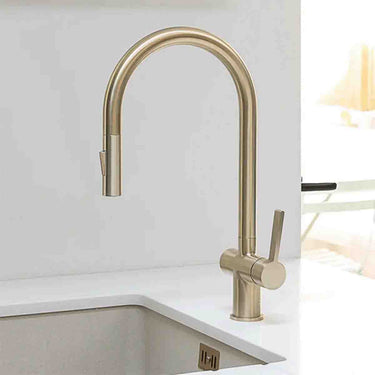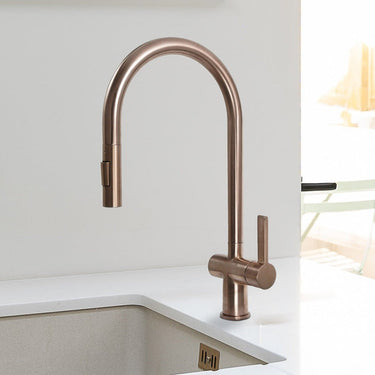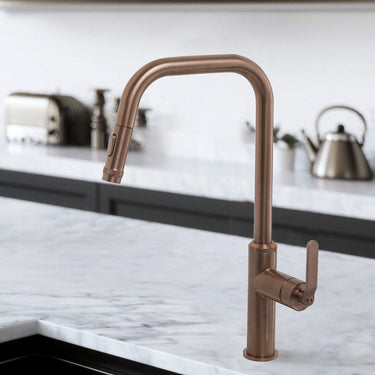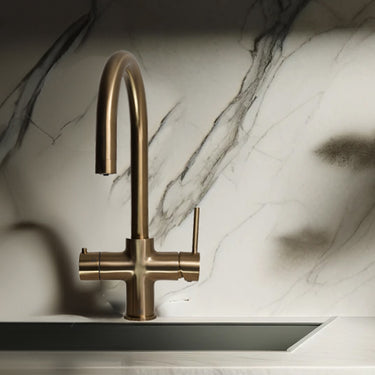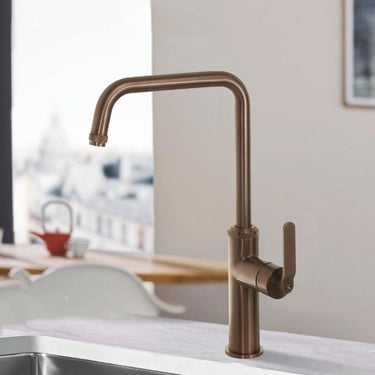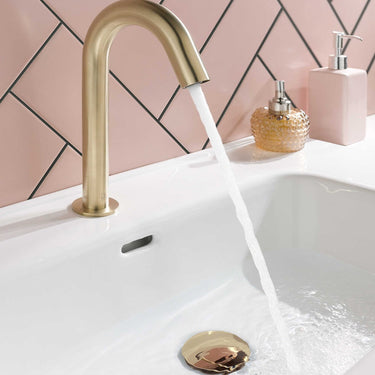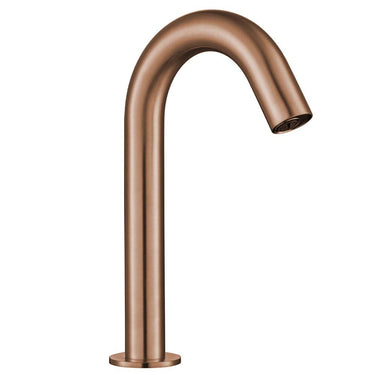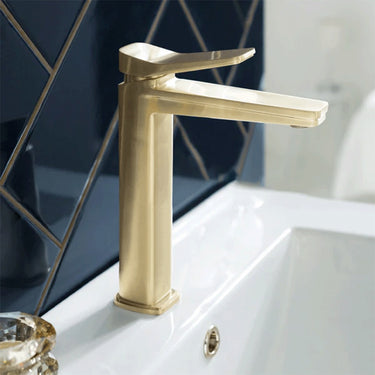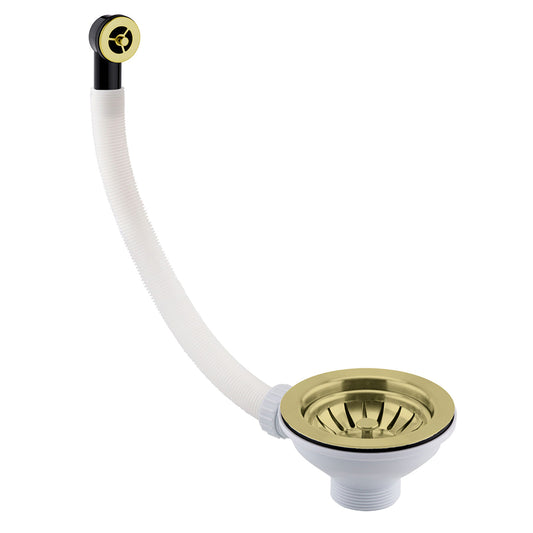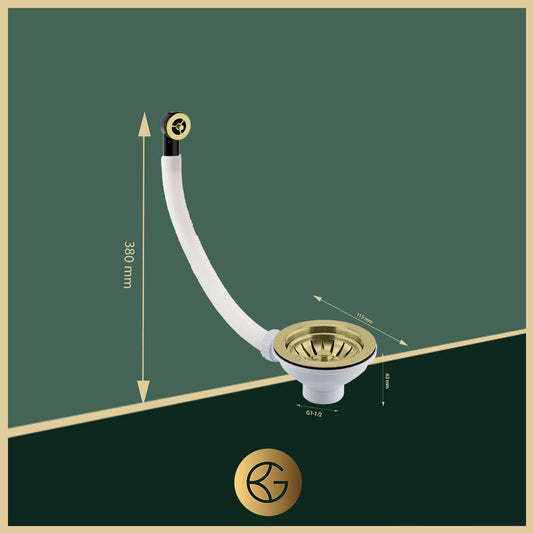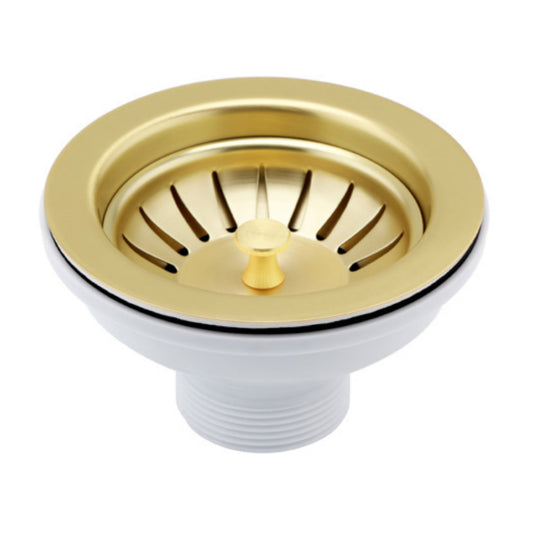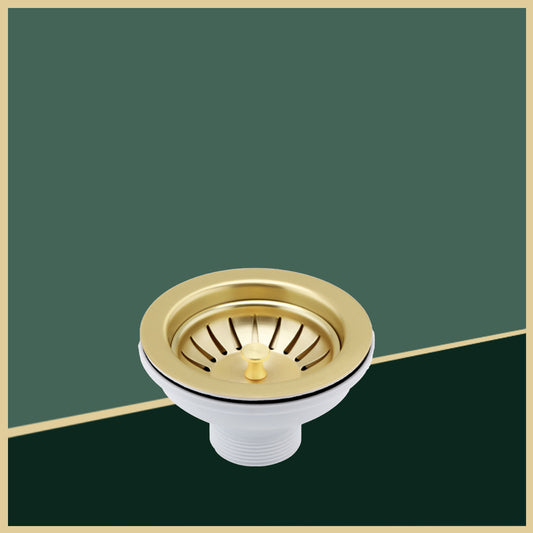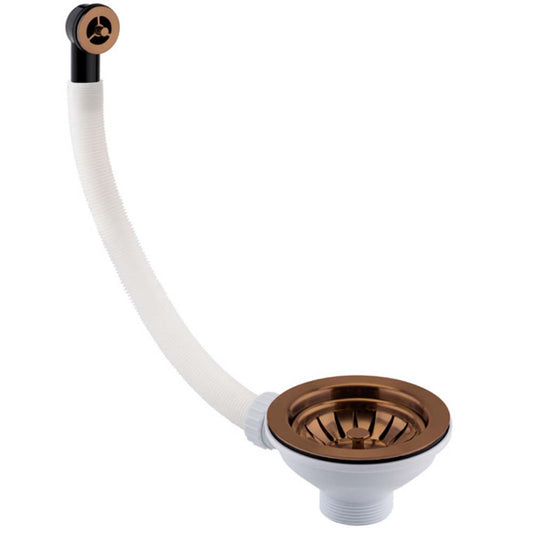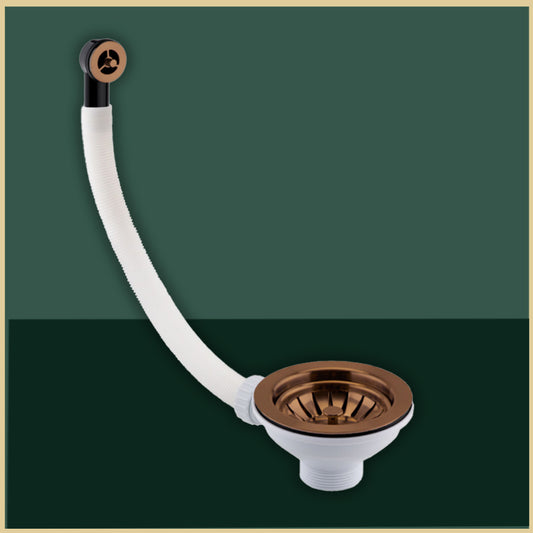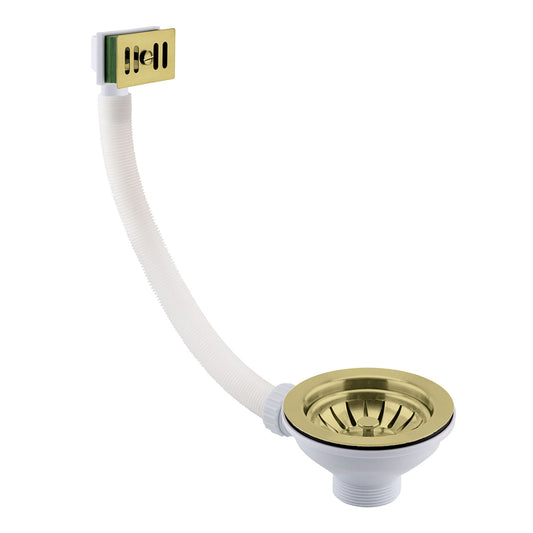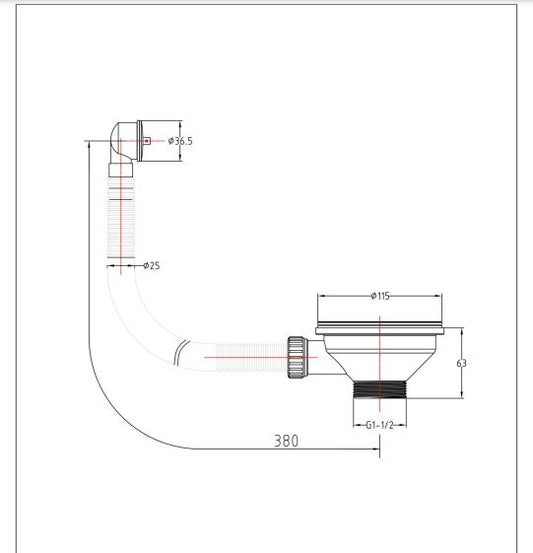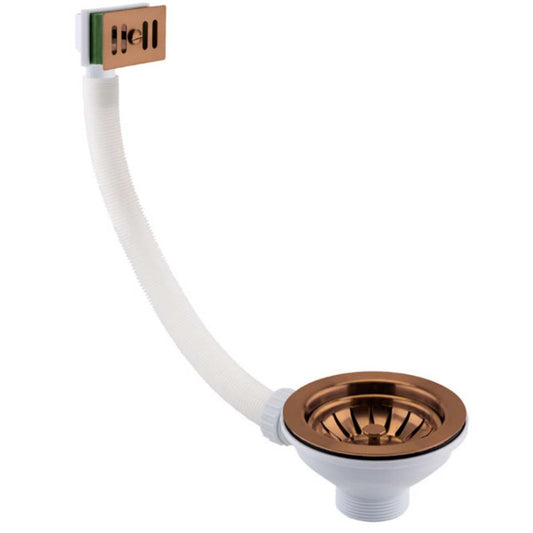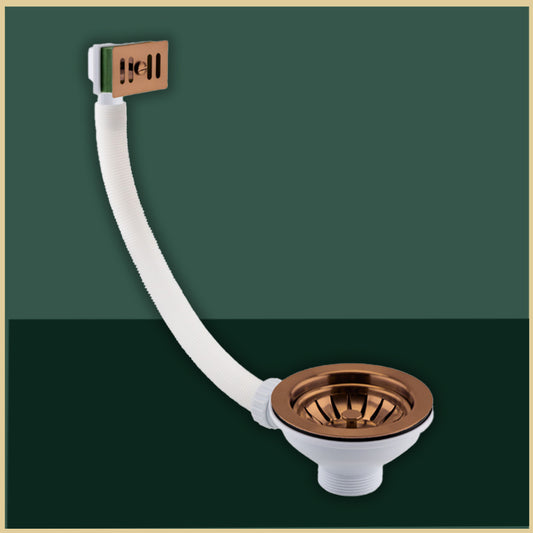Banishing Bad Odours: Your Guide to a Fresh-Smelling Kitchen Sink
Table Of Contents:
-
Introduction
→ -
Kitchen Sink Waste Collection
→ -
Causes of Kitchen Sink Odors
→ -
Effective Methods to Remove Sink Smells
→ -
Preventing Future Smells
→ -
Dealing with U-Bend Issues
→ -
When to Call a Professional
→ -
Conclusion
→
Introduction
Overview of the Problem: A smelly kitchen sink can be a significant nuisance, disrupting the functionality and ambiance of your kitchen. Bad odors often result from the accumulation of food particles, grease, and organic matter that decompose and release unpleasant smells. Understanding why these odors develop and how to address them effectively is crucial for maintaining a pleasant kitchen environment. By exploring the causes and solutions, you can effectively manage and eliminate these smells, ensuring your kitchen remains fresh and inviting.
Importance of Fixing the Issue: Addressing sink odors is not only about comfort but also about preventing potential health risks. Persistent odors can be indicative of bacterial growth, mold, or even sewer gas leaks, which can pose health hazards and lead to more severe plumbing issues. Properly tackling the source of these odors helps in maintaining a hygienic kitchen, preventing water damage, and avoiding unnecessary expenses associated with plumbing repairs and increased water bills.
Causes of Kitchen Sink Odors
Food Debris: Food debris is one of the most common culprits behind unpleasant kitchen sink odors. When food particles, fats, oils, and grease are washed down the drain, they can accumulate and become trapped in the pipes or garbage disposal. Over time, these substances begin to decompose, producing foul smells that can permeate your kitchen. Residues from greasy foods, especially, can solidify and cling to the interior surfaces of the pipes, contributing to persistent odors.
Sewer Gases: A rotten egg smell emanating from your sink often indicates an issue with sewer gases. These gases can escape into your kitchen if the P-trap, a curved section of pipe designed to hold a water seal, becomes dry, clogged, or improperly installed. The P-trap is essential for blocking sewer gases from entering your home, and if it fails, these unpleasant and potentially harmful gases can infiltrate your living space.
Bacteria and Mold: The damp, dark environment within sink pipes provides an ideal breeding ground for bacteria and mold. When organic material like food particles or grease accumulates in these areas, it creates conditions conducive to microbial growth. Bacteria and mold produce strong, musty odors that can be quite unpleasant.

Effective Methods to Remove Sink Smells
Baking Soda and Vinegar:
The combination of baking soda and vinegar is a time-tested method for neutralizing odors and cleaning sink drains. To start, pour half a cup of baking soda directly into the drain. Follow this with a cup of white vinegar, which will react with the baking soda to create a fizzing action. This reaction helps to break down grease, food particles, and other residues that may be causing unpleasant smells. Let the mixture sit in the drain for about 15 minutes to allow the reaction to work its magic. Afterward, flush the drain with hot water to rinse away the loosened debris and residue. This method not only cleans the drain effectively but also neutralizes odors, leaving your sink smelling fresh and clean.
In addition to its cleaning power, this method is also environmentally friendly and avoids the use of harsh chemicals. Baking soda is a mild abrasive that helps to scrub away buildup, while vinegar acts as a natural disinfectant. Regular use of this method can help maintain a clean and odor-free sink, making it a great addition to your kitchen cleaning routine. It’s especially useful for keeping the drain free from odors caused by organic matter and is a cost-effective solution for everyday maintenance.
Ice and Lemon Peels:
Using ice and lemon peels is a practical and effective way to maintain a fresh-smelling garbage disposal. To use this method, place a few ice cubes and lemon peels into the disposal unit and turn it on. The ice helps to dislodge any food particles stuck on the disposal blades, while the lemon peels provide a pleasant citrus fragrance. The grinding action of the disposal, combined with the ice, helps to clean the blades and remove any residues that might contribute to bad smells.
This method not only helps to keep your disposal clean but also imparts a fresh, pleasant scent to the kitchen. Lemon peels are naturally antibacterial and have a high acid content, which helps to neutralize odors effectively. Regularly using this method can prevent the buildup of food particles and keep your garbage disposal smelling fresh. It’s a simple yet effective way to maintain the functionality and hygiene of your kitchen sink’s disposal unit.
Hot Water Flush:
Pouring hot water down the drain is a straightforward and effective method for removing unpleasant sink smells. Boil a pot of water and carefully pour it down the drain in stages, allowing the hot water to dissolve and flush away grease, food particles, and other residues that may be causing odors. Hot water helps to break down and wash away buildup, making it easier to maintain a clean and odor-free drain.
This method is particularly useful for preventing the accumulation of grease and food particles that can lead to bad smells. Regularly flushing your sink with hot water can help keep the pipes clear and maintain proper drainage. It’s a simple and effective way to address minor odor issues and ensure that your sink remains fresh and clean. Incorporating this step into your cleaning routine can help prevent unpleasant odors from developing in the first place.
Plunger:
Using a plunger is an effective method for addressing odors caused by minor blockages or clogs in the sink. To use a plunger, place it over the drain and push down firmly to create suction. Pump the plunger up and down to dislodge any debris that might be causing the smell. This action can help to clear minor blockages and improve drainage, which in turn can help to eliminate odors.
After plunging, it’s important to flush the drain with warm or hot water to clear out any remaining debris. This method is particularly useful for sinks with slow drainage or minor clogs that contribute to unpleasant smells. Regular use of a plunger can help prevent the buildup of debris that may lead to more serious plumbing issues and ensure that your sink remains free from odors.
Enzyme-Based Drain Cleaners:
Enzyme-based drain cleaners are a natural and effective alternative to harsh chemical cleaners. These products contain enzymes that break down organic matter, such as food particles and grease, which are often the source of unpleasant odors in the drain. To use an enzyme-based cleaner, pour the recommended amount into the drain and let it sit for the specified period before flushing with water.
Enzyme-based cleaners are gentle on pipes and the environment, making them an excellent choice for regular maintenance. They work by digesting organic material, which helps to prevent the buildup of residue that can lead to bad smells. Regular use of enzyme-based cleaners can help maintain a clean and odor-free drain, making it a valuable addition to your sink maintenance routine.
Preventing Future Smells
Proper Food Disposal:
Proper food disposal is key to preventing bad odors in your kitchen sink. Avoid putting food scraps down the drain, as organic matter can quickly decompose and lead to unpleasant smells. Using a sink strainer or catch basin to trap food particles before they enter the drain is a simple yet effective measure. By regularly emptying and cleaning the strainer, you can minimize the buildup of food waste in the pipes. This practice not only helps prevent odors but also reduces the risk of clogs, which can exacerbate smell issues and lead to more significant plumbing problems.
In addition to using a strainer, it’s beneficial to scrape excess food into the trash before washing dishes. This step ensures that large particles and greasy residues don’t contribute to the problem. By incorporating these habits into your kitchen routine, you can significantly reduce the amount of organic material that enters your sink, thereby minimizing the potential for unpleasant odors. Regular maintenance of these practices will help keep your kitchen sink cleaner and more odor-free over time.
Regular Garbage Disposal Use:
For sinks equipped with a garbage disposal, regular use is crucial for preventing odors. When operating the disposal, always run cold water to help solidify any grease and food particles, making them easier to grind. Cold water also helps to prevent fats and oils from sticking to the disposal’s internal components. Regular use of the garbage disposal, combined with running sufficient water, ensures that food waste is properly processed and reduces the risk of odors from decomposing organic matter.
In addition to regular use, periodic cleaning of the disposal unit is important. Grinding ice cubes and citrus peels can help clean the disposal blades and impart a fresh scent. This practice helps to prevent buildup and keeps the disposal functioning efficiently. Regular maintenance of the garbage disposal unit helps avoid unpleasant smells and keeps it in good working condition, ensuring it remains an effective tool for managing kitchen waste.

Regular Cleaning:
Regular cleaning of your kitchen sink and drain is essential for maintaining a fresh-smelling kitchen. Routine cleaning involves using warm water and dish soap to scrub the sink, removing any residue that could contribute to odors. For a more thorough clean, use a mixture of baking soda and vinegar. The combination of these ingredients creates a fizzing reaction that helps to break down grime and neutralize odors. By integrating this cleaning routine into your weekly chores, you ensure that your sink remains free of buildup and unpleasant smells.
In addition to regular scrubbing, it’s helpful to clean the drain with a brush to remove any debris that may have accumulated. This regular maintenance helps to prevent the development of odor-causing bacteria and mold. By keeping up with these cleaning practices, you can ensure that your sink remains hygienic and free of unpleasant odors, contributing to a more pleasant kitchen environment.
Natural Deodorisers:
Utilizing natural deodorisers can be an effective way to maintain a fresh-smelling kitchen sink. Baking soda and vinegar are excellent natural options for deodorizing and cleaning. Sprinkle baking soda down the drain, followed by a splash of vinegar, and let the mixture sit for a few minutes before rinsing with hot water. This combination helps to neutralize odors and break down buildup. Additionally, grinding lemon peels in the garbage disposal imparts a pleasant citrus scent and helps to clean the disposal blades.
Regular use of these natural deodorisers can help keep your sink smelling fresh without relying on harsh chemicals. Incorporating lemon peels or a mixture of baking soda and vinegar into your cleaning routine ensures that your sink remains free of unpleasant smells. These natural solutions are not only effective but also gentle on your plumbing fixtures, making them a great choice for maintaining a fresh kitchen environment.
Maintain the P-Trap:
The P-trap is an essential component in preventing sewer gases from entering your home. To ensure that the P-trap functions effectively, it’s important to regularly check and maintain it. Ensure that the P-trap remains filled with water, as this water seal is crucial for blocking sewer gases. Running water through sinks that are rarely used helps to maintain the water seal in the P-trap and prevents it from drying out. This practice is essential for preventing unpleasant odors from entering your kitchen.
If you notice any leaks or issues with the P-trap, address them promptly. Tighten any loose connections or replace faulty parts to ensure that the trap continues to function properly. Regular maintenance and prompt repairs of the P-trap help to keep your kitchen sink odor-free and ensure that sewer gases are effectively blocked. By taking care of the P-trap, you contribute to a cleaner and more pleasant kitchen environment.
Dealing with U-Bend Issues
Leak Check: The U-bend, or P-trap, is a crucial component of your sink's plumbing system, designed to prevent sewer gases from entering your kitchen. Regularly inspect this area for any signs of leaks, which can indicate issues with the trap’s connections or the seal. Leaks can cause unpleasant odors to escape and potentially lead to water damage. Tighten any loose connections and replace faulty parts to ensure the trap functions correctly. If the leak persists, it might be necessary to replace the entire U-bend or consult a plumber for a more thorough inspection.
Blockage Removal: Over time, the U-bend can accumulate debris, such as food particles and grease, which can cause blockages and unpleasant smells. To address this, disassemble the U-bend carefully, using appropriate tools to avoid damaging the pipes. Clean out any accumulated debris and ensure that the pipe is free from obstructions. Reassemble the trap securely, making sure all connections are tight to prevent leaks. Regular cleaning of the U-bend helps maintain proper drainage and prevents the buildup of materials that can lead to odors.
Water Evaporation: The U-bend relies on a water seal to block sewer gases from entering your kitchen. If a sink is used infrequently, the water in the trap can evaporate, compromising the seal and allowing odors to escape. To prevent this, run water through the sink regularly, even if it’s not frequently used. This practice maintains the water level in the U-bend, ensuring that the seal remains intact and effectively blocks unpleasant smells. Regular use of the sink helps maintain a fresh-smelling environment and prevents the buildup of odors from escaping sewer gases.

When to Call a Professional
Persistent Odors: If you have tried various DIY methods and continue to experience persistent odors, it may be time to seek the help of a professional plumber. Persistent smells can indicate deeper issues within your plumbing system that require expert diagnosis and repair. A plumber can assess the situation, identify the underlying cause, and provide effective solutions to eliminate the odors and restore a fresh-smelling environment in your kitchen.
Complex Issues: Some plumbing problems, such as severe blockages, malfunctioning sewer lines, or issues with the drainage system, may be too complex for DIY solutions. If you encounter such issues, consulting a professional plumber is essential. A plumber has the expertise, specialized tools, and experience to handle intricate plumbing problems, ensuring that your kitchen sink remains free of unpleasant smells and operates efficiently. Professional intervention helps address complex issues effectively and prevents potential damage to your plumbing system.
Conclusion
Maintaining a fresh-smelling kitchen sink involves regular cleaning, proper food disposal, and effective deodorizing techniques. By implementing these strategies, you can keep your kitchen sink free of unpleasant odors and create a more pleasant cooking environment. Regular maintenance and cleaning are key to preventing odors, and natural deodorisers can enhance the freshness of your sink. If problems persist despite your efforts, consulting a plumber may be necessary to address more complex plumbing issues and ensure a long-term solution.
.
Discover more at Gold Bathroom UK !


